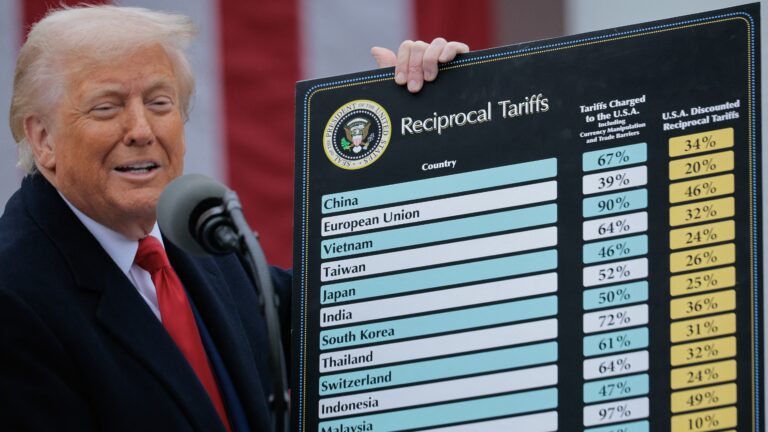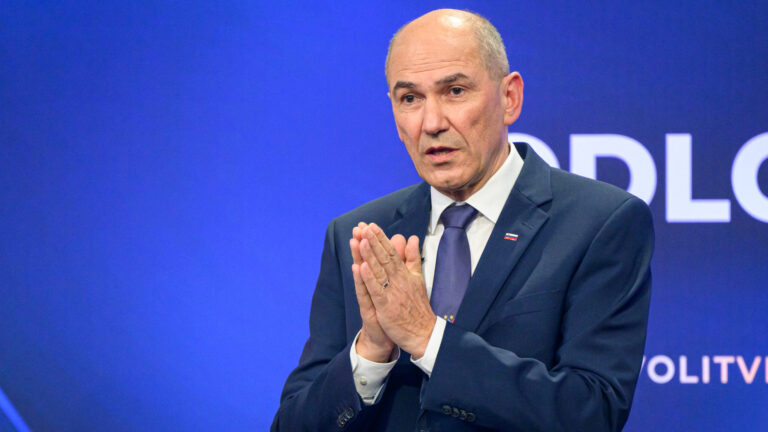Hungary’s financial position remains stable, and the government continues to have the resources needed to support families, pensioners, and businesses, the Ministry for National Economy (NGM) announced in its latest fiscal update on the state budget’s central subsystem as of the end of September.
The ministry emphasized that Hungary is carrying out the largest tax reduction programme in Europe while adhering to four key fiscal rules to preserve budgetary discipline. The deficit must continue to decrease each year, public debt must remain on a sustainable path, the country must not fall back under the EU’s excessive deficit procedure, and the primary balance should stay close to zero.
According to the NGM, tax and contribution revenues were higher than expected in September, while the cash-flow deficit remained better than proportionate for the time of year. By the end of the first nine months of 2025, the central subsystem of public finances showed a deficit of 3,328.7 billion forints. Within this, the central budget recorded a deficit of 3,267.4 billion, while state funds showed a surplus of 101.3 billion, and social security funds registered a deficit of 162.6 billion.
The projected full-year cash-flow deficit is 4,774 billion forints, meaning that 69.7 per cent of this amount was reached by September—better than the 75 per cent rate considered proportionate at this point in the year. Tax and contribution revenues were up 8.1 per cent year-on-year, with consumption-related taxes increasing by 9 per cent.
Interest payments by the end of September amounted to 3,101.4 billion forints, which is 489.8 billion more than a year earlier, largely due to changes in the structure of public debt and different payment schedules for certain maturities.
Expenditures on state-run transport and utility services totalled 1,950.7 billion forints, up 341.4 billion from the same period last year. Higher spending was observed in road maintenance and repair projects, residential energy subsidies under the utility cost protection scheme, and the Water Utility Development and Compensation Fund.
Pension and healthcare-related expenditures also rose compared to last year. By the end of September, the government had spent 5,510.2 billion forints on pensions and pension-type benefits, including the 13th-month payment, and 2,201.0 billion forints on healthcare and preventive services.
In September alone, the central subsystem closed the month with a deficit of 303.2 billion forints, compared with a surplus of 234.2 billion in the same month last year. The ministry explained that this difference primarily stemmed from higher payouts for utility subsidies, particularly in the timing of payments for the residential energy protection scheme.
According to the Ministry for National Economy, these figures confirm that Hungary’s finances are well-managed, its budget remains stable, and the government can maintain the resources needed to protect households, retirees, and businesses while pursuing long-term fiscal discipline.
Related articles:







